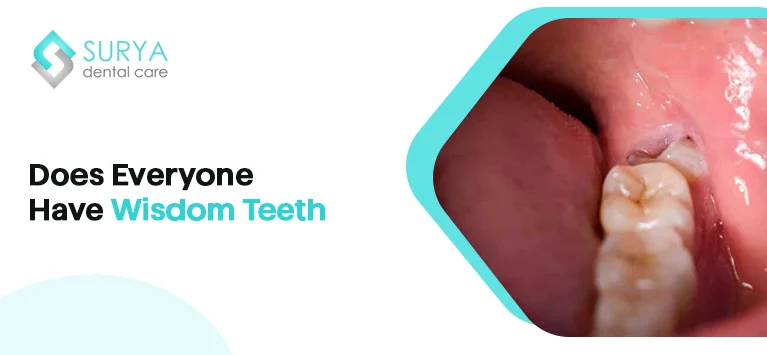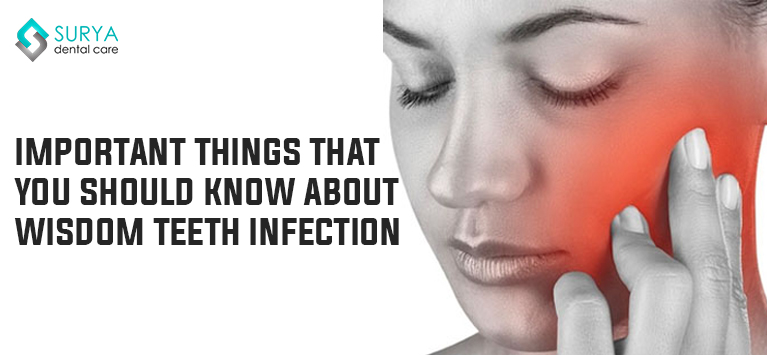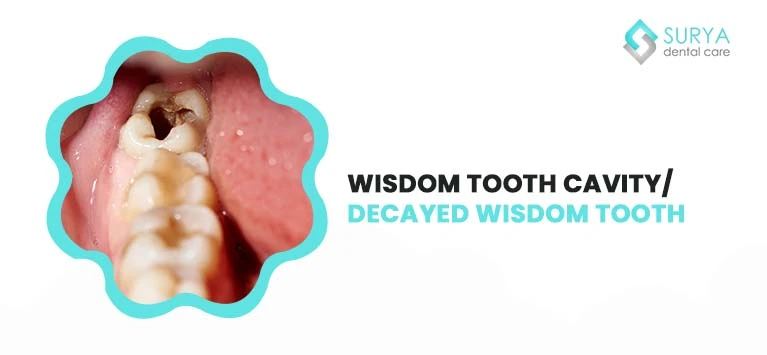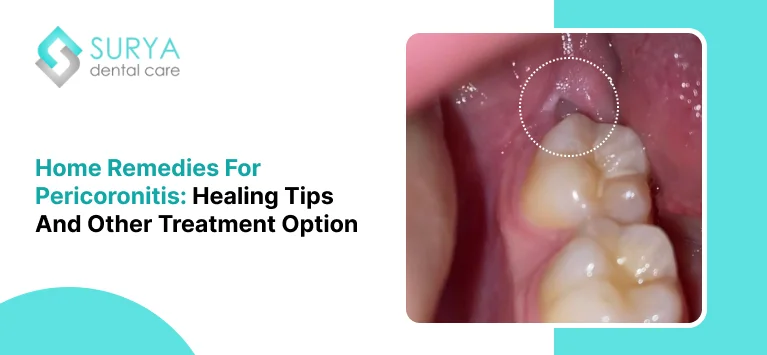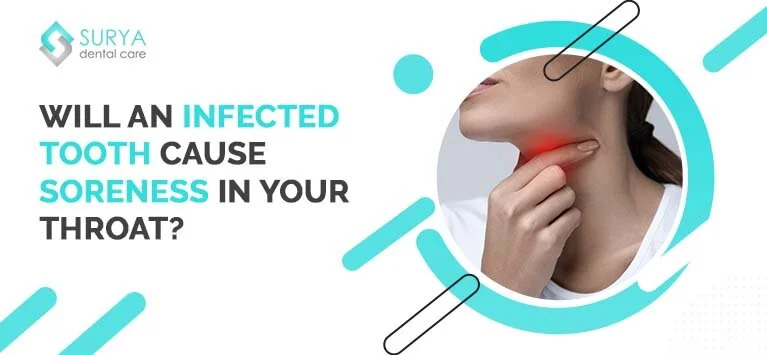Everyone expects wisdom teeth, which are also known as third molars, to appear at the age of 17 – 25. This is the last set of teeth to emerge in the back of the mouth. While many people have four wisdom teeth 1, one in each corner and others, the count may vary. Understanding how many wisdom teeth you have and why they develop is crucial for maintaining good oral health. This blog post explains how many wisdom teeth you can have, why we get wisdom teeth and the symptoms and causes of wisdom teeth.
How Many Wisdom Teeth Can You Have?
The typical number of wisdom teeth is four (with one in each corner of the mouth). On the other hand, some individuals could have four wisdom teeth or more. Below is a summary breakdown of the possible variations.
- Four wisdom teeth: This is the most common scenario, with a wisdom tooth erupting in each of the mouth’s four quadrants.
- Three wisdom teeth: Some individuals may only have three wisdom teeth, with one quadrant missing a wisdom tooth.
- Two wisdom teeth: In rare cases, people may only have two wisdom teeth, typically located in the lower jaw.
- One wisdom tooth: It’s possible to have just a single wisdom tooth, usually in the lower jaw.
- No wisdom teeth: Some people are born without any wisdom teeth, a condition known as hypodontia or agenesis of the wisdom teeth.
Why Do We Get Wisdom Teeth?
Wisdom teeth are the last set of molars to develop and emerge in the mouth, typically between the ages of 17 and 25. They are called “wisdom” teeth because they appear at a time when people are considered to be more mature and wiser.
The purpose of wisdom teeth is to provide additional chewing power and support for the back of the mouth. However, as our jaws have evolved to become smaller over time, there is often not enough space for these additional teeth to erupt properly.
Symptoms of Wisdom Teeth
When wisdom teeth emerge, they can cause a variety of symptoms, including:
- Pain and discomfort: As the wisdom teeth push through the gums, they can cause pain, swelling, and discomfort in the affected area.
- Difficulty chewing: Improperly positioned wisdom teeth can interfere with the normal function of the other teeth, making it difficult to chew correctly.
- Infection: Partially erupted or impacted wisdom teeth can create pockets where food and bacteria can accumulate, leading to infections such as pericoronitis.
- Damage to adjacent teeth: Wisdom teeth that are growing in at an angle can put pressure on and potentially damage the neighboring teeth.
- Cyst formation: In rare cases, wisdom teeth can develop cysts, which are fluid-filled sacs that can damage the surrounding bone and teeth.
Wisdom Tooth Issues
wisdom teeth cause some distributive issues as they are located at the very back of the mouth and can often cause issues due to their positioning and the limited space available.
Overcrowding
One of the primary causes of wisdom teeth problems is overcrowding. As wisdom teeth try to emerge, they may encounter resistance from the existing teeth, leading to impaction or improper alignment. This can result in pain, swelling, and an increased risk of infection.
Insufficient Jaw Space
In many individuals, the jaw does not have enough room to accommodate the wisdom teeth. This can be due to genetic factors or the evolutionary trend towards smaller jaws in modern humans. When there is insufficient space, the wisdom teeth can become trapped or grow at an angle, causing discomfort and potential complications.
Partial Eruption
In some cases, the wisdom teeth may only partially emerge from the gums, leaving a flap of gum tissue covering the tooth. This can create a breeding ground for bacteria, leading to the development of painful infections and the increased risk of decay or gum disease.
Impaction
Impaction occurs when the wisdom tooth is unable to fully erupt due to the presence of other teeth or the jaw bone. This can result in the tooth becoming trapped or growing in at an angle, causing pain, swelling, and an increased risk of infection.
Takeaway
Understanding the number of wisdom teeth you have and the potential issues they can cause is crucial for maintaining good oral health. Wisdom teeth are unavoidable, so good oral hygiene is needed to prevent the third molar from infection. An impacted wisdom tooth is not a problem unless you are experiencing any symptoms related to your wisdom teeth. If you are experiencing any symptoms, then it’s essential to consult with a dental professional, as surgery is necessary.

